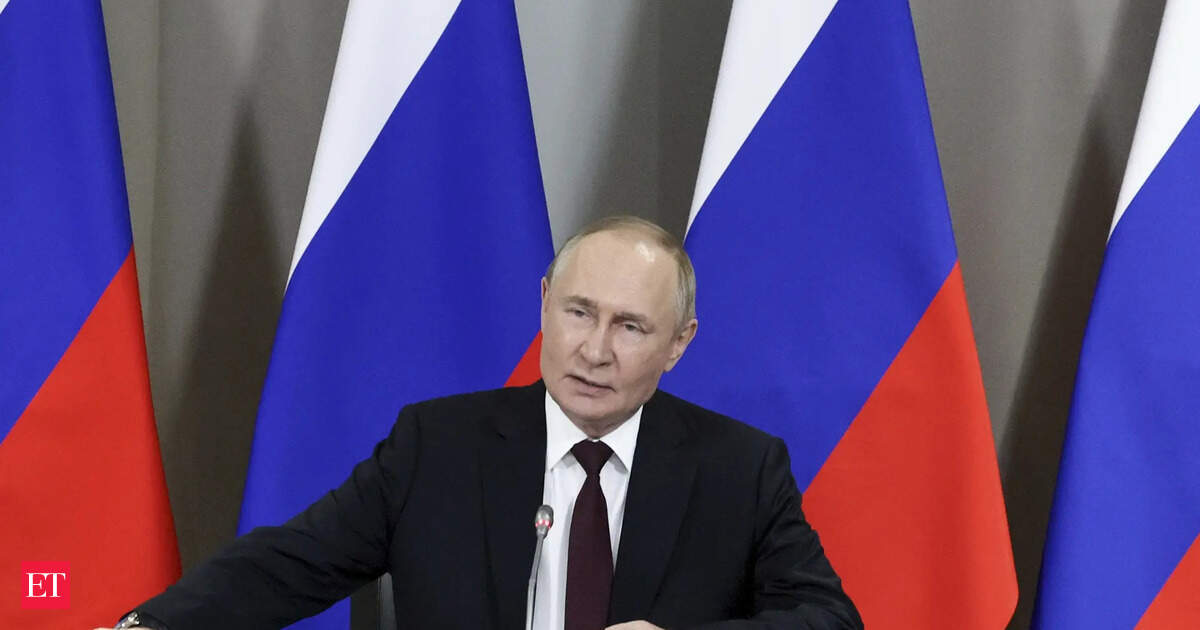Now Reading: Can Organ Transplants Extend Human Lifespan to 150? Experts Share Insights
-
01
Can Organ Transplants Extend Human Lifespan to 150? Experts Share Insights
Can Organ Transplants Extend Human Lifespan to 150? Experts Share Insights

Quick Summary
- Chinese President xi Jinping and Russian President Vladimir Putin discussed using organ transplants and modern medicine as potential pathways to extend human lifespan, even possibly achieving immortality.
- Experts argue that organ transplants have serious limitations for longevity despite saving lives for failing organs. Transplants come with risks like organ rejection, lifelong immunosuppressant use, high costs, and ethical dilemmas due to organ shortages.
- Modern anti-aging strategies like gene editing (CRISPR), stem cell therapies, transcriptional medicine (mRNA & cellular reprogramming), and anti-aging drugs show greater promise than a transplant-focused approach.
- Scientists predict partial manipulation of aging through cellular rejuvenation or injecting biological treatments in the future but remain skeptical about humans achieving lifespans of 150 years soon.
- Historical advancements in public health doubled human life expectancy from 30 years during ancient times to 71 today. However, extending this dramatically could introduce new systemic diseases related to longer lifespans.
Indian Opinion Analysis
The conversation between Presidents Xi Jinping and Vladimir Putin highlights their interest in advancing biotechnology fields focused on longevity-a reflection of global investment priorities amidst aging populations. though, medical experts caution against overestimating the feasibility of such technologies like continual organ replacements due to practical limitations including high costs, scarcity of donor organs globally (only meeting 10% demand), and inherent medical risks tied to immune suppression.
For India-which has its own challenges with equitable healthcare access-emphasis should arguably tilt toward preventive public health measures improving lifespan quality through sanitation, vaccination campaigns akin to historical achievements worldwide.Harnessing cutting-edge tools such as affordable transcriptional medicines (e.g., CRISPR-driven approaches) would better address systemic barriers than focusing narrowly on “biohacking solutions” available primarily for wealthier states or individuals.
Moving forward responsibly means ensuring innovations are accessible rather than exacerbating disparities across socioeconomic groups amidst increased attention toward lifestyle-based interventions integral across demographics optimizing both physical/mental wellness organically within healthier societies tackling challenges rooted around unaddressed aging later cohorts imminently facing crises today growing Asian neighbors alike targeting working sustainable long-term models plausible roads enriching lives extending final thresholds ahead decades stretching proportional futures wider humanity leaving legacies technological/spiritual advances navigating balanced outcomes unseen present destiny awaiting.

























